Black Women in Education
1968 to Now: Fifty years later, BOSS still lead advocate for black women at Barnard


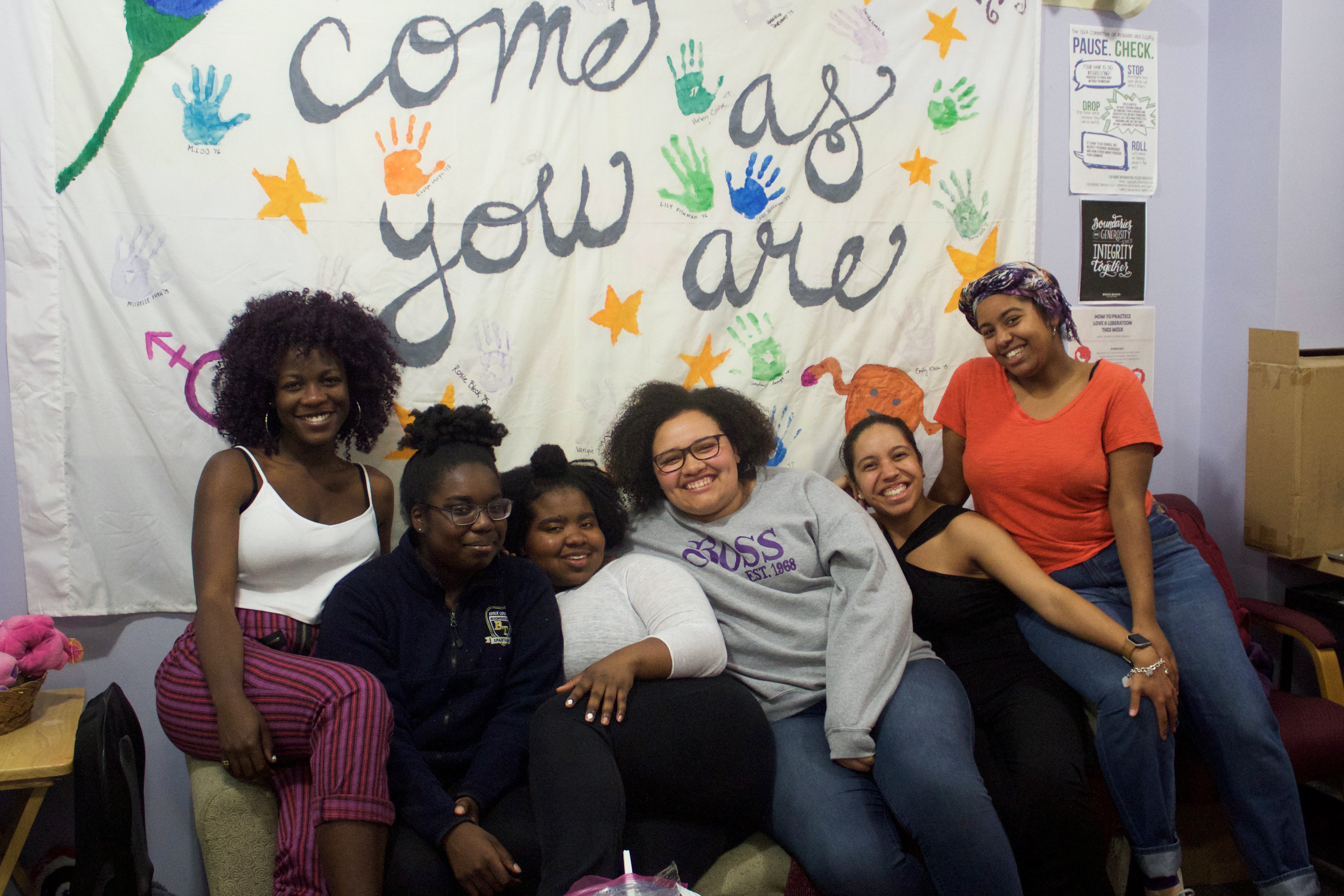
BY SUSU RAWWAGAH AND VALENTINA ROJAS-POSADA via https://www.columbiaspectator.com
This story is part of a series on the 1968 protests at Columbia and their present-day implications fifty years later.
In 1969, the newly formed Barnard Organization of Soul Sisters made 10 demands to the college in hopes of bettering the experience of the 80 black women on campus at the time. Fifty years later, BOSS continues to be the lead advocate for Barnard’s now 234 black students.
Founder of BOSS Frances Sadler, BC ’72, now a member of Barnard’s board of trustees, held the first meetings in her dorm room, where she and her friends met to discuss their experiences as black students on a predominantly white campus.
In the aftermath of the 1968 protests against the Vietnam War and proposed gym expansion into Morningside Park, BOSS officially formed as a response to the fact that the activist groups leading these protests at Columbia tended to be white and male-dominated.
Though the group was not originally formed as an activist group, by 1969 it had pushed for the creation of an Afro-American studies major, more active recruitment of black students, and orientation programming geared toward black students, among other demands, many of which the College has yet to meet.
Barnard women, both black and white, participated in the 1968 protests, though many were ushered into traditional gender roles, according to Karla Spurlock-Evans, BC ’71. Black women in protests, however, had to contend with even more diminished roles due to both their gender and their race.
“Back in 1968, we were conditioned to capitulate to the idea that black men were going to stand up and take the lead,” Spurlock-Evans said. “Whether it’s correct or not, we were under the impression that perhaps [black] women …
I am a future butterfly at the stage of growth when I am turning into an adult. I am enclosed in a hard case shell formed by love, family, and friends. It is the hardest stage of becoming a black butterfly. You will encounter many hardships only to come out stronger and better than what you went in. At this stage, you are finding out who you truly are and how to love yourself.



By Mi Aniefuna via https://www.edsurge.com/ EdSurge Research facilitated virtual spaces for Black women to discuss their lived experiences...


By Liz Courquet-Lesaulnier via https://wordinblack.com/ The holiday season is officially here, which means it’s time to...
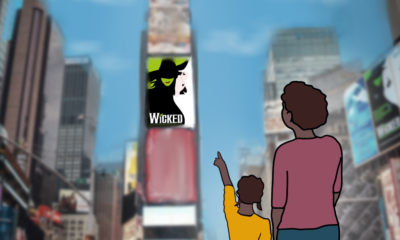
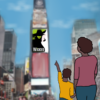
By Makayla I. Gathers via https://www.thecrimson.com/ “Wicked” resonates particularly strongly with the experiences of Black women. On...
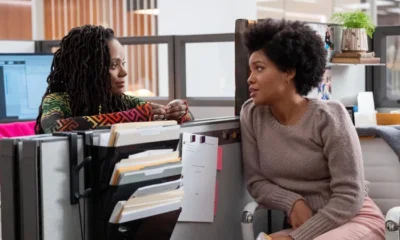
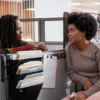
By Ile-Ife Okantah, a freelance writer focusing on Black media and popular culture The TV adaptation of The...
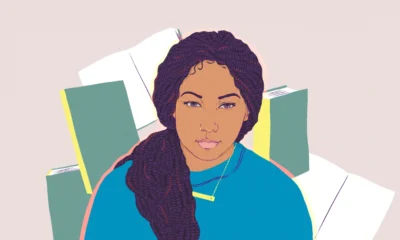

By Melissa Noel via https://www.nbcnews.com/ “My work is a vessel for empowerment.” “She Thrives: Black Women Making...
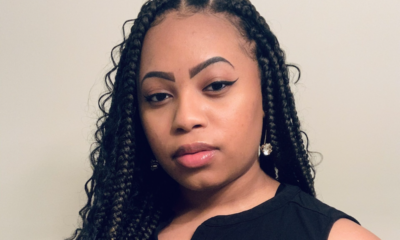

By Literary Hub The Poet on Her New Collection I Done Clicked My Heels Three Times Lit Hub is...
By Candace McDuffie via https://www.theroot.com/ It took 207 years for the school to reach this milestone....
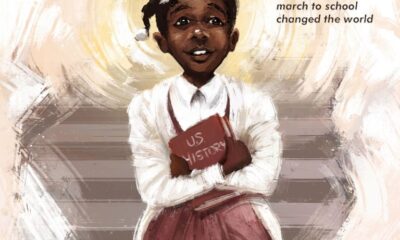

By Kiara Alfonseca via https://abcnews.go.com/ The book tells her story of integrating New Orleans schools. Ruby...


Aventura, Fla. – Lynda Roberts fought back tears when she accomplished a milestone in the 69-year...
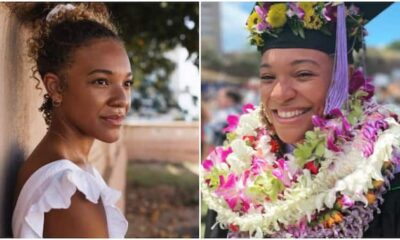
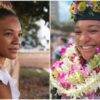
by Kelly Lippke Shazia Kassim via https://briefly.co.za/ After 115 years, Danielle McCleave has become the first black...
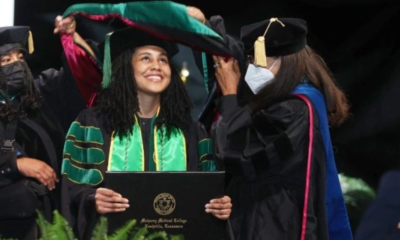

by BOTWC Staff via https://www.becauseofthemwecan.com/ She is a legacy Meharry Medical student! A 21-year-old has made...
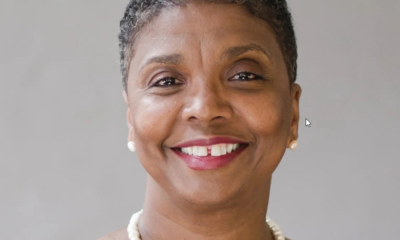
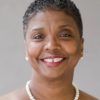
BY TESSA SOLOMON via https://www.artnews.com/ The Indianapolis Museum of Art at Newfields announced on Tuesday that educator Colette Pierce...
